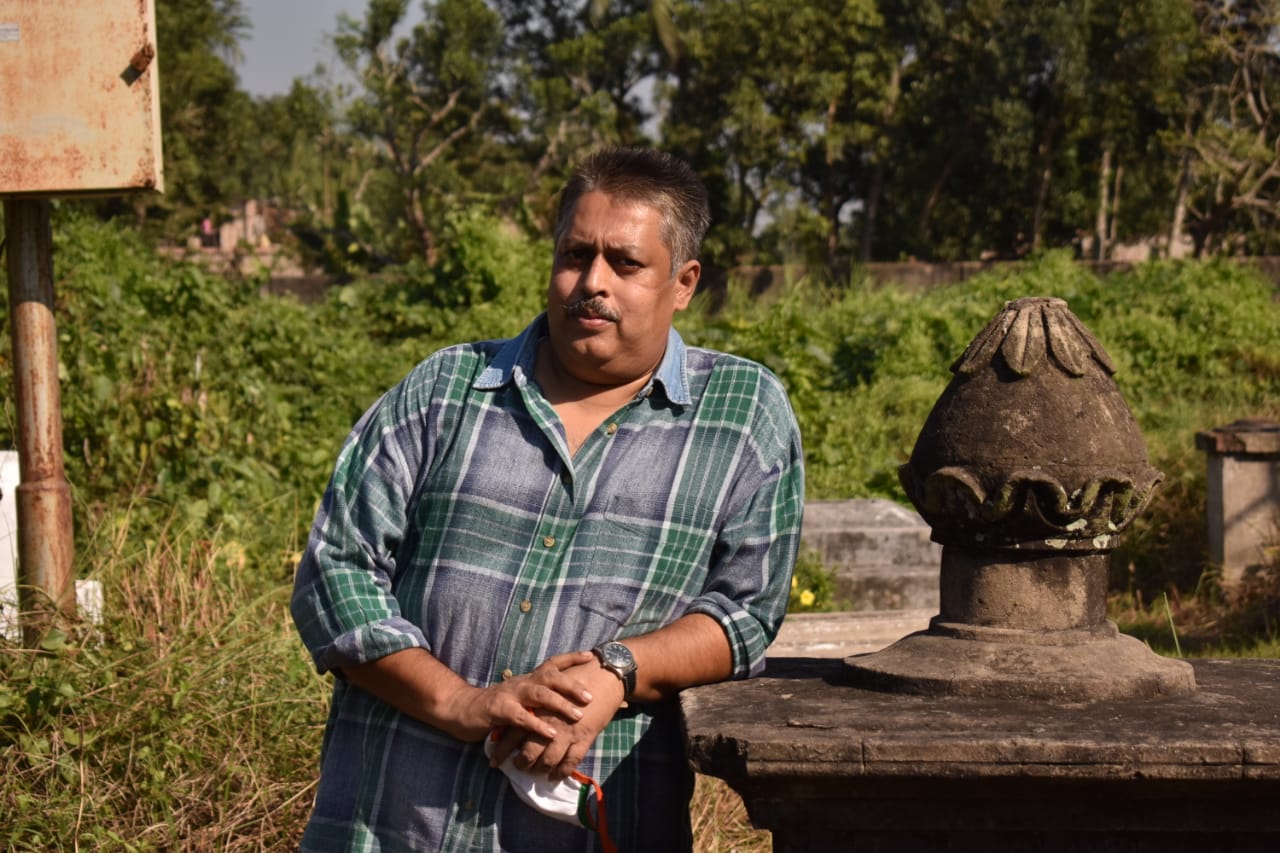Chief of Army Staff rues lack of human intelligence in Rajouri-Poonch area in its fight against terrorists
The two border districts in the Jammu region witnessed at least three major terrorist strikes last years that led to the death of 20 military personnel.
